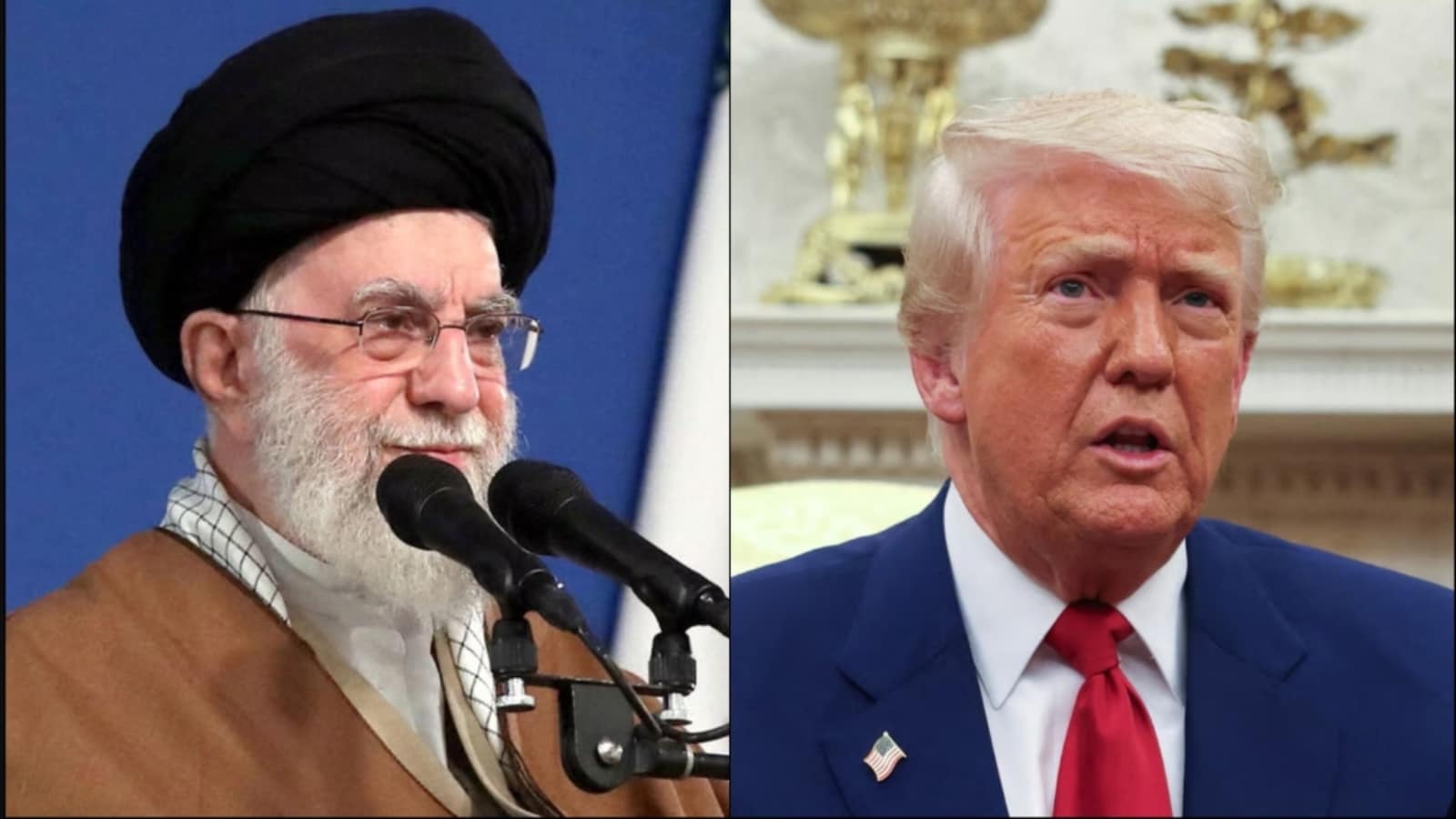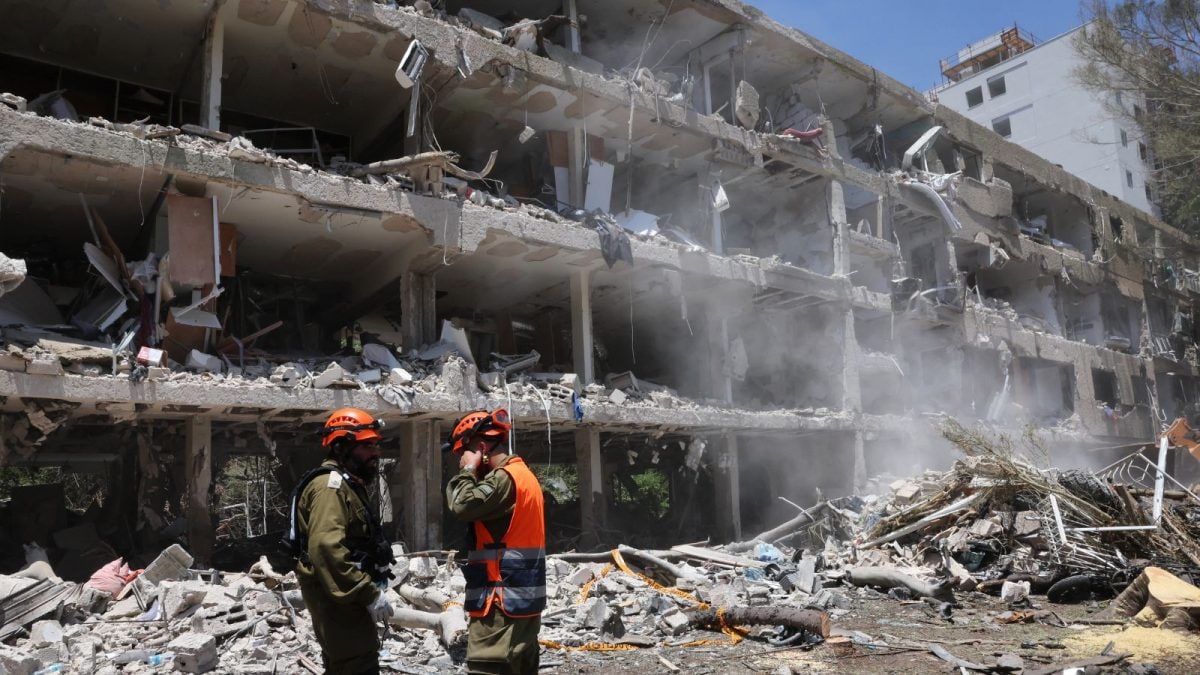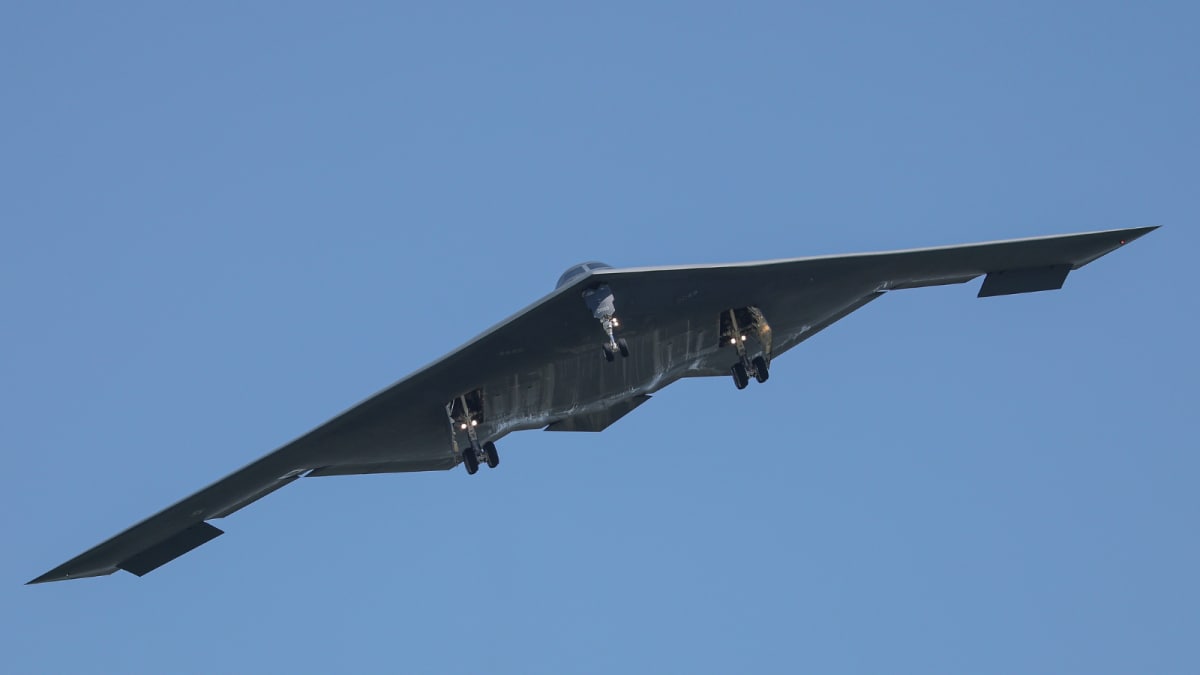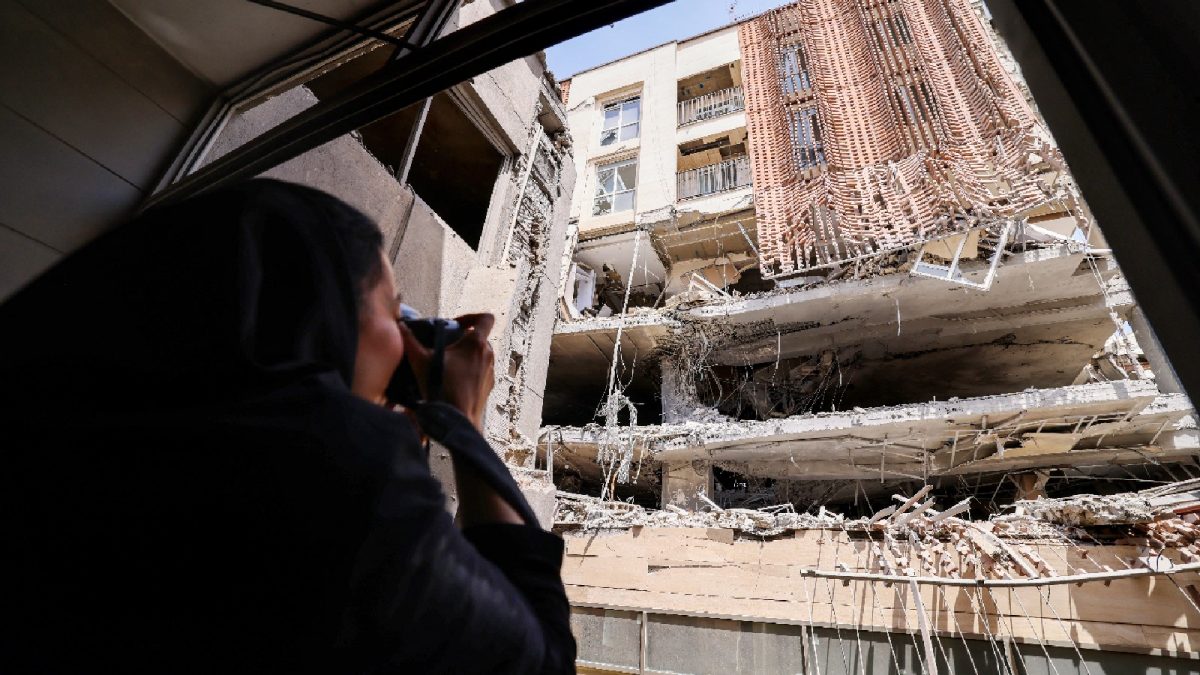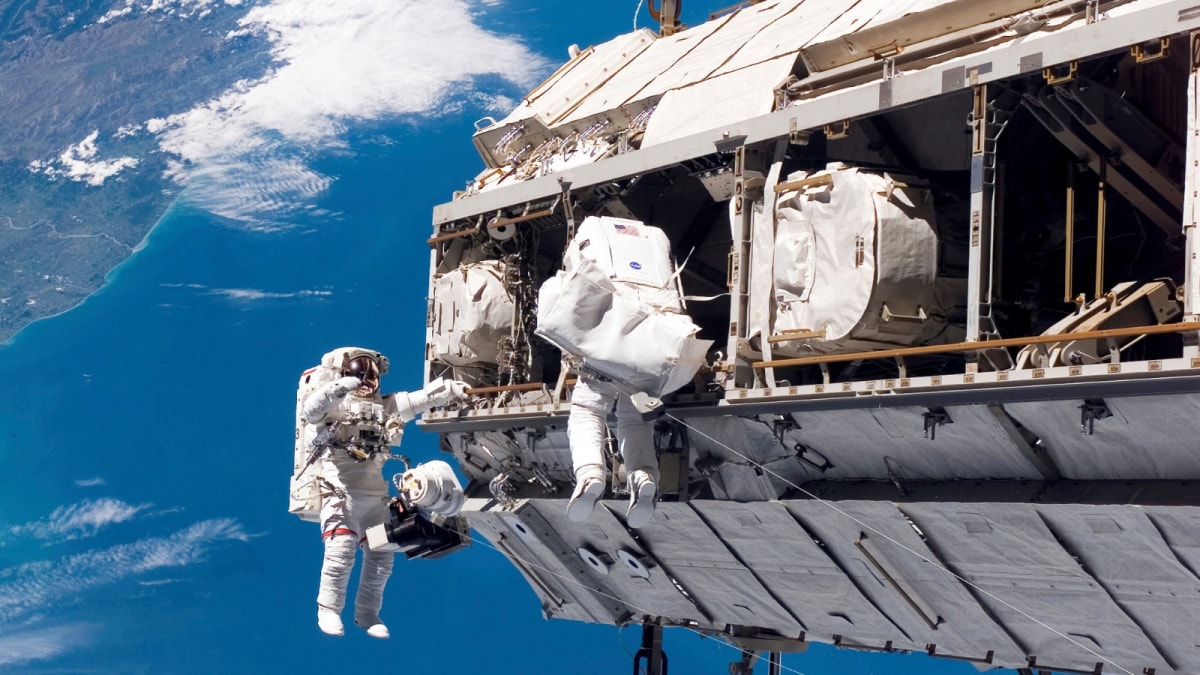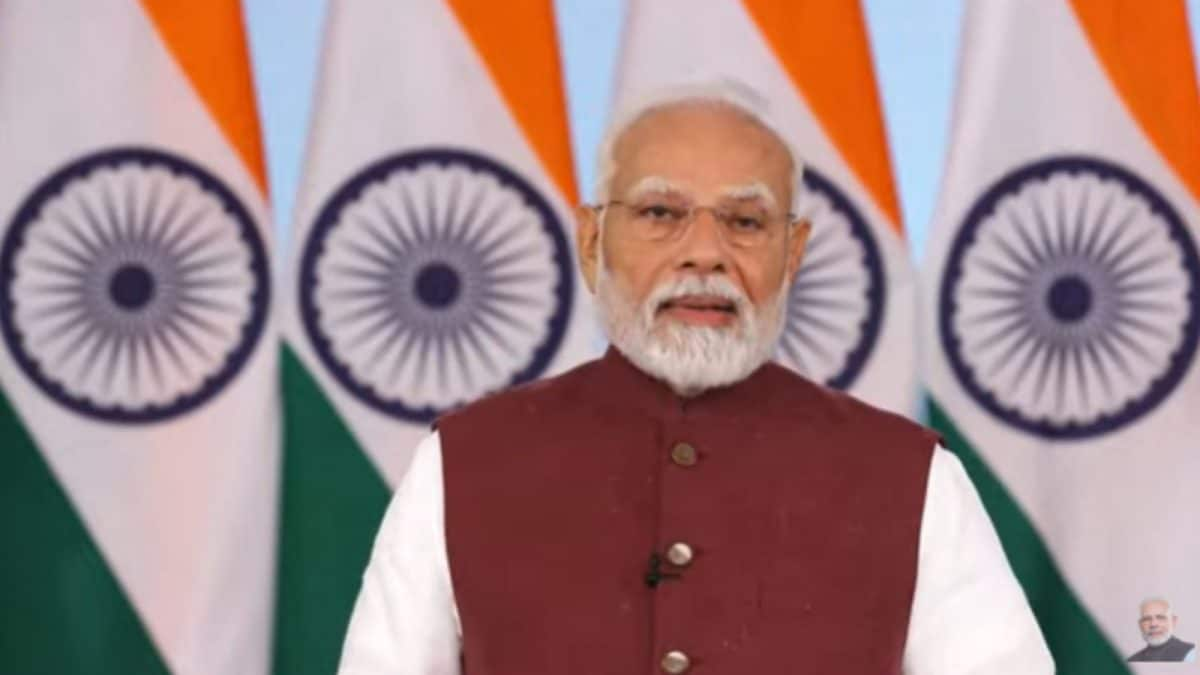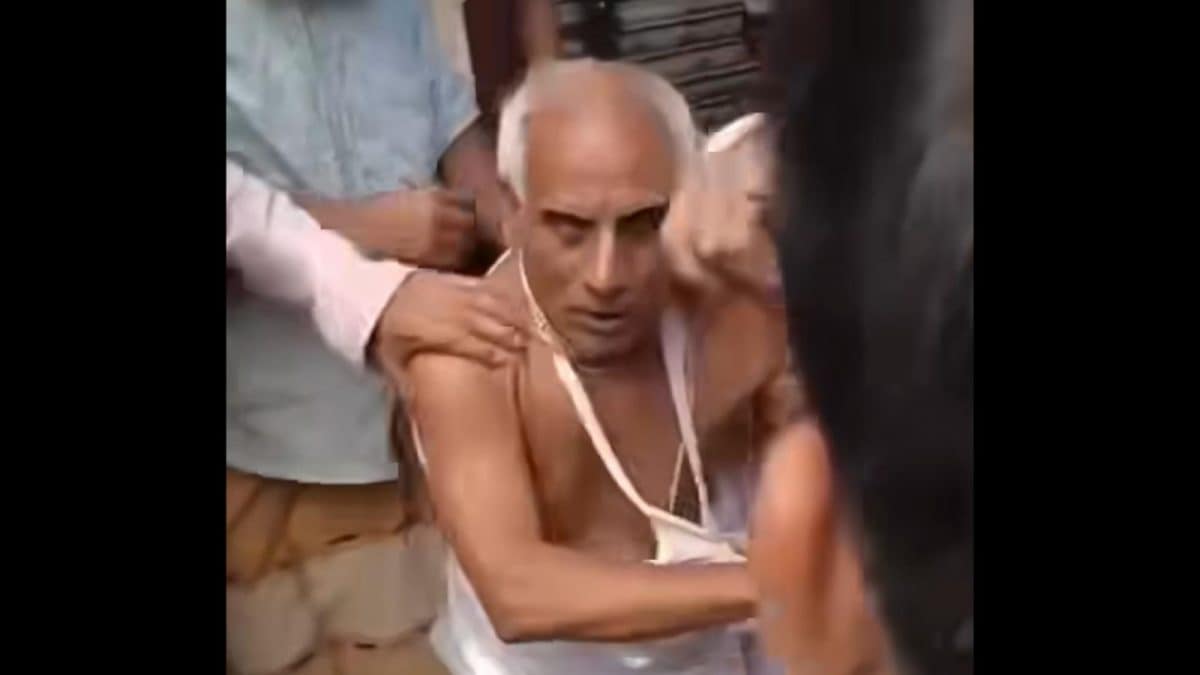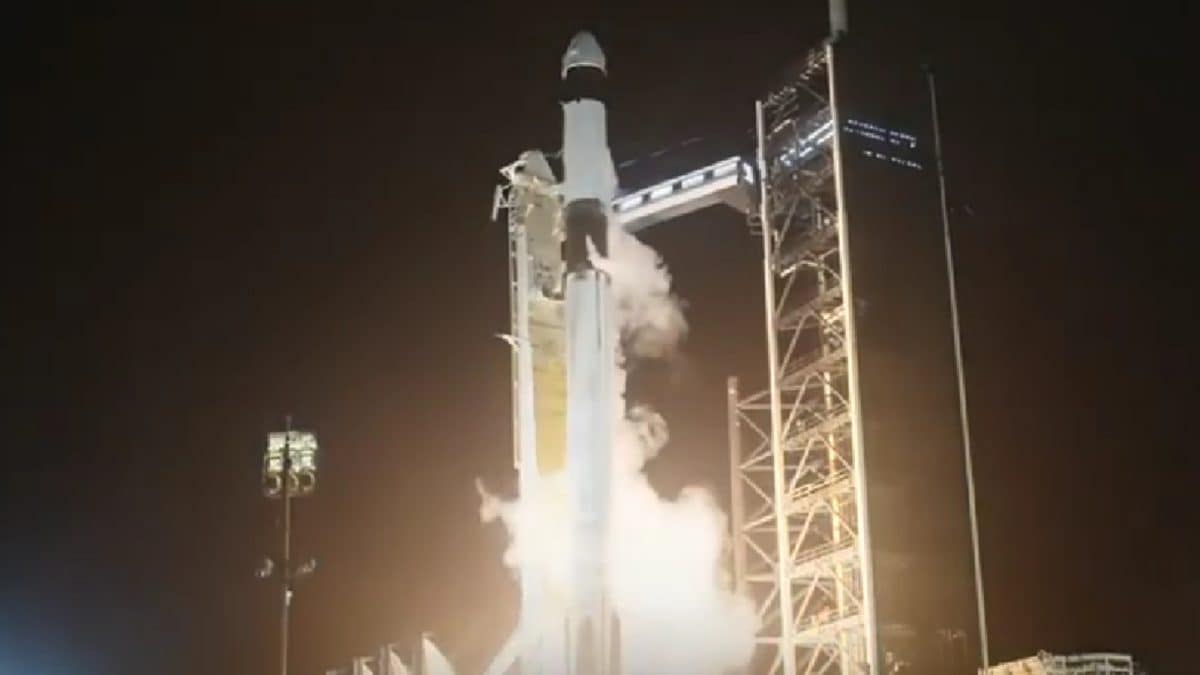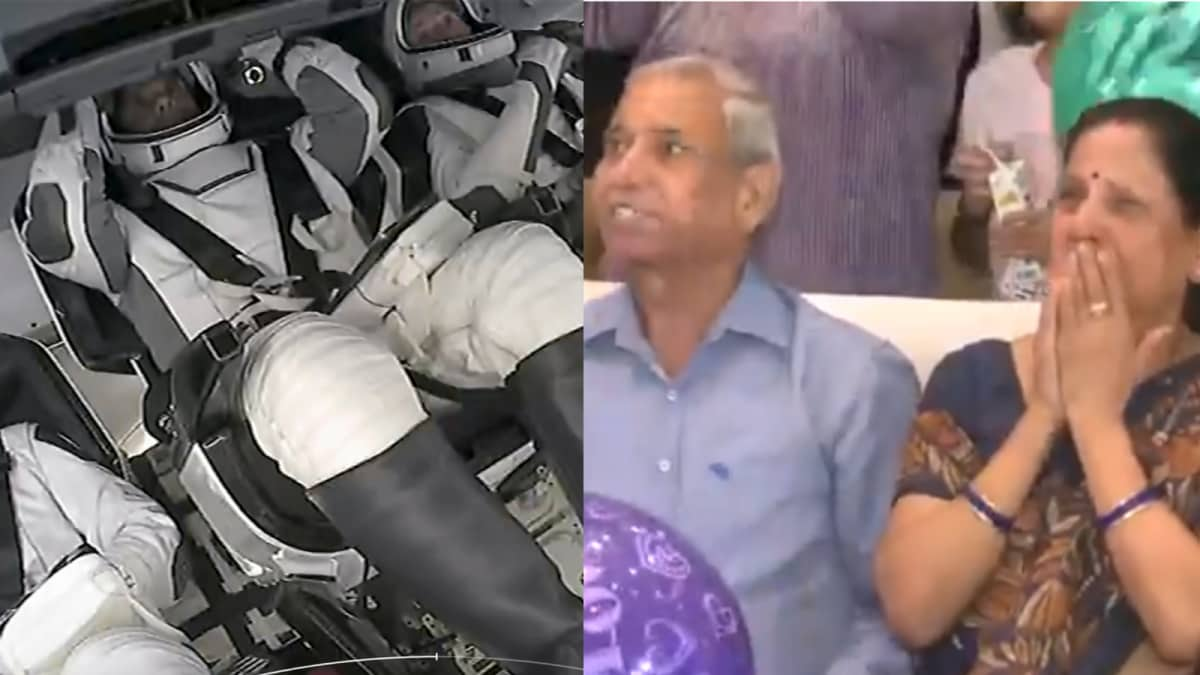Iran's parliament approves bill to suspend cooperation with UN nuclear watchdog
Iran’s parliament approved a bill on Wednesday to suspend cooperation with the UN nuclear watchdog, state-affiliated news outlet Nournews reported. Parliament Speaker Mohammad Baqer Qalibaf was quoted by state media as also saying Iran would accelerate its civilian nuclear programme.
Tehran denies seeking nuclear weapons and says a resolution adopted this month by the Atomic Energy Agency (IAEA) declaring Iran in breach of its non-proliferation obligations paved the way for Israel’s attacks.
The parliament speaker was quoted as saying the IAEA had refused even to appear to condemn the attack on Iran’s nuclear facilities and “has put its international credibility up for sale.”
He said that “for this reason, the Atomic Energy Organisation of Iran will suspend its cooperation with the Agency until the security of the nuclear facilities is guaranteed, and move at a faster pace with the country’s peaceful nuclear programme”.
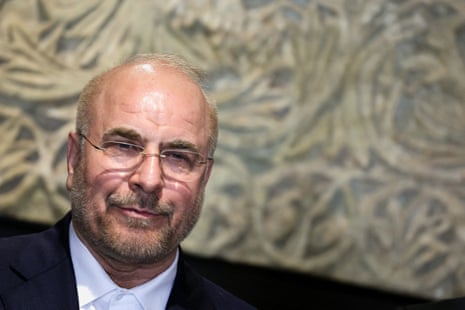
Key events Show key events only Please turn on JavaScript to use this feature
Pope Leo XIV urged the warring sides in the Israel-Iran war to “reject the logic of bullying and revenge” and choose a path of dialogue and diplomacy to reach peace as he expressed solidarity with all Christians in the Middle East.
Speaking at his weekly Wednesday general audience, the American pope said he was following “with attention and hope” recent developments in the war. He cited the biblical exhortation: “A national shall not raise the sword against another nation.”
A ceasefire is holding in the 12-day Iran-Israel conflict, which involved Israel targeting Iranian nuclear and military sites and the US intervening by dropping bunker-buster bombs on Iranian nuclear sites. Iran has long maintained that its nuclear program is peaceful.
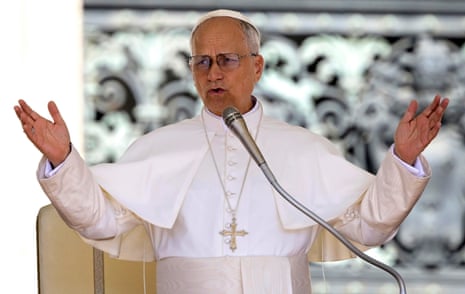
US President Donald Trump also said on Wednesday that the intelligence following the strikes on Iranian nuclear sites was inconclusive, but suggested the damage could have been severe.
“The intelligence was very inconclusive. The intelligence says we don’t know. It could’ve been very severe. That’s what the intelligence suggests,” Trump told reporters ahead of meeting with world leaders at a NATO summit.
“It was very severe. There was obliteration,” he added. In the same remarks, he had said the attack on Iran had been “devastating”.

Donald Trump has called US strikes on Iran “a devastating attack”, as he reiterated his criticism of media outlets which reported Iran’s nuclear programme had not been set back more than by a few months.
The US President, speaking at the Hague, said: “Nobody talks about this, we shot 30 Tomahawks from submarines – in particular one submarine that was 400 miles away – and every one of those Tomahawks hit within a foot of where they were supposed to hit, took out a lot of building that Israel wasn’t able to get.
“This was a devastating attack and it knocked them for a loop and you know if it didn’t they wouldn’t have settled.”
US secretary of defence Pete Hegseth added that the damage in Iran is “moderate to severe” and said the FBI is investigating nuclear sites leaks. He said leakers had characterised the attack in a way that was “completely false”.
US secretary of defence Pete Hegseth says the damage in Iran is "moderate to severe".
He added that the FBI is investigating nuclear sites leaks. pic.twitter.com/K700WV7al3
As the fragile Iran-Israel truce took hold, there was no letup in Turkey’s diplomatic efforts on Wednesday to prevent any return to a conflict fraught with risk for Ankara’s domestic and regional policies.
Hours after US President Donald Trump announced the ceasefire, Turkey’s President Recep Tayyip Erdoğan met him for talks on the sidelines of a Nato summit for their third conversation in 10 days.
Erdogan’s “intensive diplomatic efforts” to curb the conflict also involved calls with Russia’s Vladimir Putin, Iran’s Masoud Pezeshkian and top Middle Eastern leaders.
“Turkey has been trying very hard to de-escalate the situation, but it’s not seen as a credible mediator, neither by Iran nor by Israel,” Gonul Tol of the Washington-based Middle East Institute told AFP.
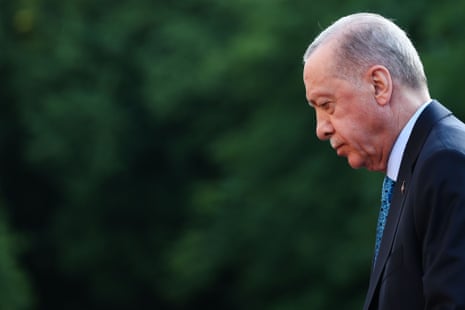
Iran’s lawmakers chanted “Death to America” and “Death to Israel” after they voted on Wednesday in favour of suspending cooperation with the United Nations’ nuclear watchdog, state TV reported.
The decision still requires the approval of the Guardian Council, a body empowered to vet legislation.
In parliament, 221 lawmakers voted in favour and one abstained, with no votes against from those present in in the 290-seat legislature, according to state TV.
Iran's parliament approves bill to suspend cooperation with UN nuclear watchdog
Iran’s parliament approved a bill on Wednesday to suspend cooperation with the UN nuclear watchdog, state-affiliated news outlet Nournews reported. Parliament Speaker Mohammad Baqer Qalibaf was quoted by state media as also saying Iran would accelerate its civilian nuclear programme.
Tehran denies seeking nuclear weapons and says a resolution adopted this month by the Atomic Energy Agency (IAEA) declaring Iran in breach of its non-proliferation obligations paved the way for Israel’s attacks.
The parliament speaker was quoted as saying the IAEA had refused even to appear to condemn the attack on Iran’s nuclear facilities and “has put its international credibility up for sale.”
He said that “for this reason, the Atomic Energy Organisation of Iran will suspend its cooperation with the Agency until the security of the nuclear facilities is guaranteed, and move at a faster pace with the country’s peaceful nuclear programme”.

A spokesperson for China’s foreign ministry has commented on Donald Trump’s Truth Social post, in which the US President said China can continue to purchase Iranian oil.
Guo Jiakun said on Wednesday that China would adopt reasonable energy security measures in accordance with its own national interests, when asked about the Trump post at a regular press briefing.
Larger purchases of Iranian oil by China and other consumers could upset US ally Saudi Arabia, the world’s largest oil exporter. The impact of US sanctions on Iran’s exports, however, has been limited since Trump’s first administration when he cracked down harder on Tehran.
China has long opposed what it has called Washington’s “abuse of illegal unilateral sanctions.”
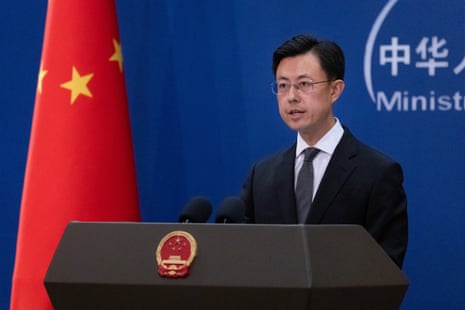
Iran 'much further away from nuclear weapon' after strikes, Marco Rubio says
US secretary of state Marco Rubio told Politico on Wednesday that Iran is “much further away from a nuclear weapon” after a US strike on Iran’s three main nuclear sites over the weekend.
“The bottom line is, they are much further away from a nuclear weapon today than they were before the president took this bold action,” Rubio told Politico.
“Significant, very significant, substantial damage was done to a variety of different components, and were just learning more about it, he added.
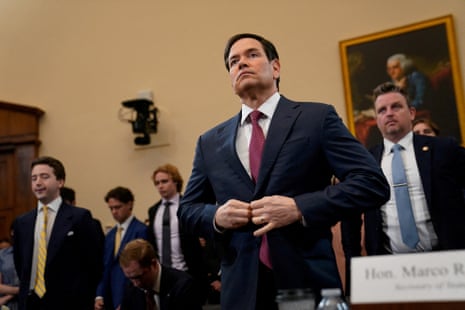
Iran to hold state funerals for top scientists killed in strikes
Iran will hold on Saturday state funerals for senior military commanders and top scientists killed during the country’s 12-day war with Israel, official media said.
“The national funeral ceremony for... commanders and scientists martyred in the Zionist regime’s aggression will be held on Saturday from 8:00 am (0430 GMT)“ in Tehran, state news agency IRNA reported on Wednesday, a day after a ceasefire took hold.
IRNA also reported that Hossein Salami, the Revolutionary Guards chief killed by Israel on the war’s first day, will be laid to rest on Thursday in central Iran.
Israel on June 13 launched a major bombardment campaign targeting Iranian nuclear and military sites and killing top officials including Salami, who was close to Iran’s supreme leader Ayatollah Ali Khamenei.
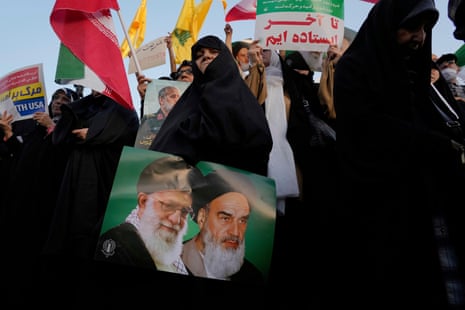
Nuclear weapons are front of mind for many people after the US struck a number of Iran’s alleged nuclear weapons sites.
But how many countries have nuclear weapons? Which countries are capable of building nuclear weapons? What is the non-proliferation treaty? And why are some countries allowed to have nuclear weapons and not others?
Guardian Australia’s Matilda Boseley explains:
It was as close as Donald Trump might get to a lucid statement of his governing doctrine. “I may do it. I may not do it,” the president said to reporters on the White House lawn. “Nobody knows what I’m going to do.”
The question was about joining Israeli air strikes on Iran’s nuclear facilities. Days later, US bombers were on their way. Some expected it to happen. Others, including Keir Starmer, had gone on record to say they didn’t. No one had known. The unpredictability doctrine wouldn’t have been violated either way.
In the Middle East as in Ukraine, the president is discovering that simple bullying tricks don’t resolve complex international crises, Rafael Behr writes:
Oil prices edged higher on Wednesday, finding some respite after plummeting in the last two sessions, as investors assessed the stability of the ceasefire and the diminished prospect of an Iranian blockade of the Strait of Hormuz.
Israel’s military lifted restrictions on activity across the country at 8 p.m. local time (1700 GMT) on Tuesday, and officials said Ben Gurion Airport, the country’s main airport near Tel Aviv, had reopened. Iran’s airspace likewise will be reopened, state-affiliated Nournews reported.
The truce appears fragile: Both Israel and Iran took hours to acknowledge they had accepted the ceasefire and accused each other of violating it.

The dollar struggled to regain lost ground on Wednesday as investors decided to take on more risk following a fragile truce between Israel and Iran.
Markets were jubilant and an index of global shares hit a record high overnight as a shaky ceasefire brokered by U.S. President Donald Trump took hold between Iran and Israel.
The two nations signalled that the air war between them had ended, at least for now, after Trump publicly scolded them for violating a ceasefire he announced.
Summary
The shaky ceasefire between Israel and Iran appeared to be holding after Donald Trump expressed deep frustration with both sides for violating the agreement he brokered. Israel earlier accused Iran of launching missiles into its airspace after the truce was supposed to take effect, while the Iranian military denied firing on Israel. Iran and Israel both said they would honour the ceasefire if the other side did the same.
An initial classified US assessment of Trump’s strikes on Iran’s nuclear facilities says they did not destroy two of the sites and likely only set back the nuclear program by a few months, according to two people familiar with the report. The report – produced by the Defence Intelligence Agency, the Pentagon’s intelligence arm – concluded key components of the nuclear program, including centrifuges, were capable of being restarted within months. The preliminary report also found that much of Iran’s stockpile of highly enriched uranium was moved before the strikes. The report contradicts statements from Trump, who has said the Iranian nuclear program was “completely and fully obliterated”.
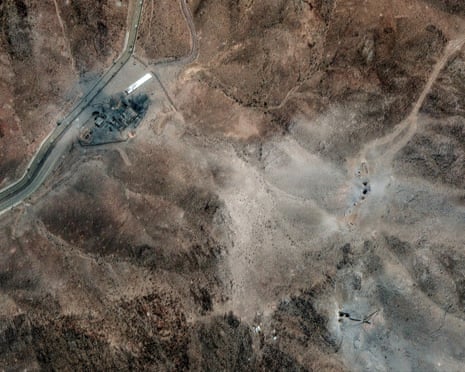
Donald Trump blasted CNN and the New York Times, claiming they had teamed up to “demean one of the most successful military strikes in history”, and declared Iran’s nuclear sites were “completely destroyed”. Trump’s statement in a post on his Truth Social platform came after coverage of the Pentagon report on the US strikes. The White House earlier called the assessment “flat-out wrong”.
Benjamin Netanyahu said Israel would strike again if Iran rebuilt its nuclear project. Describing his war on Iran as a “historic victory” that “will stand for generations”, the Israeli prime minister claimed that Israel, in its 12 days of war with Iran, had removed “the threat of nuclear annihilation”. He also said he had “no intention of easing off the gas pedal” and Israel “must complete” its campaign against the Iranian axis, to defeat Hamas and to bring about the release of the remaining hostages in Gaza.
Netanyahu also declared that Israel “never had a better friend that President Trump in the White House”. His comments came only hours after Trump directed stinging criticism at Israel over the scale of strikes Trump said violated the truce with Iran negotiated by Washington, with the US president saying: “We basically have two countries that have been fighting so long and so hard that they don’t know what the fuck they’re doing.” Israel’s leadership was reportedly “stunned” by Trump’s rebuke.
Iran’s air space would reopen on Tuesday night, Iranian state news reported, while Israel Home Front Command said Israeli citizens could resume full activity without restriction for most of the country and that Ben-Gurion and Haifa airports would return to full operations.
Donald Trump said China could continue to purchase Iranian oil, a move the White House clarified did not indicate a relaxation of US sanctions.
At the United Nations, France and its European partners are still prepared to reactivate sanctions on Iran if an agreement is not reached soon on its nuclear program, the French ambassador to the UN has warned.

 3 hours ago
3 hours ago
